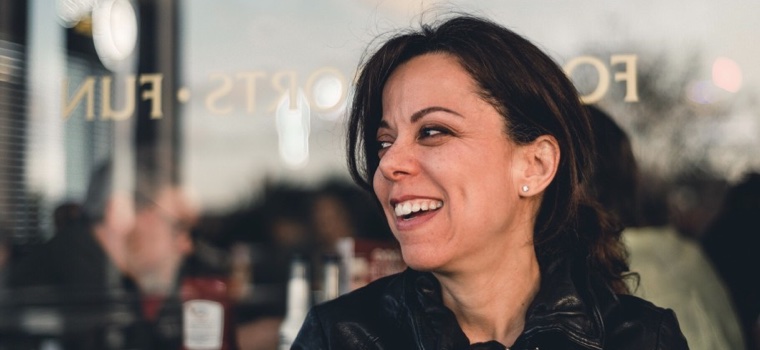
Menopause traditionally has been the Voldemort of the female lifecycle — she who must not be named.
There are plenty of statistics that bear this out: despite the fact that all women go through it and 75% experience symptoms including hot flashes, night sweats, mood swings, insomnia, incontinence, and changes in libido (among others), only one in five American women report being referred to a menopause specialist.
Of the 60% of women who seek medical attention for menopause, three-quarters go untreated.
The statistics are appalling, but the good news is, times are changing. With the median age rising to 40 in the next decade, and the fact that the US census predicts that by 2030 there’ll be more women in midlife versus under 18, tech-assisted female-focused healthcare startups (femtech) are doing the math.
If 100% of half the US population is underserved at a critical stage of life, then it’s a fertile (yup, I went there) market.
Funding femtech
“Femtech” is a relatively new concept — coined in 2016 — in part because the FDA didn’t even allow women to participate in drug-testing studies until 1993. Menstruation, among other female-specific biology, makes it harder to control for complications in studies, so medical institutions to this day tend to use mostly male participants. The lack of research on women’s bodies is in part responsible for the dearth of funding for female-focused treatments.
The current generation of 40- and 50-somethings, now heading into perimenopause and menopause, represent the X factor in female healthcare. We’re outspoken about our well-being, digitally savvy and motivated to stay healthy as we live longer.
As Ann Garnier, founder of Lisa Health, a digital behavioral change program whose tagline is “don’t let menopause call the shots,” points out:
“Midlife women are striving to age well — we’re not the women of 20 years ago. A lot of marketing to midlife women has been patronizing and dated.”
Sisters are doing it for themselves
Garnier is just one of the forward-thinking entrepreneurs dedicated to lifting the veil of midlife invisibility that women traditionally face. The market is small but growing, with innovative, stigma-busting startups, such as:
- Lily Bird, a subscription service for attractive, comfortable incontinence pads and underwear founded by Sydney Larson who strives to “be solving real problems for real women.”
- Genneve, an “online clinic for a better menopause,” founded by Jill Angelo and Jacqui Brandwynne.
- Rory, a telehealth portal that provides prescription and over-the-counter solutions so menopausal women don’t feel alone, isolated, and embarrassed in seeking solutions to alleviate common symptoms, was co-founded by Rachel Blank.
Taking a clue from these menopause mavericks, it looks like “the change” we really need is finally happening.
